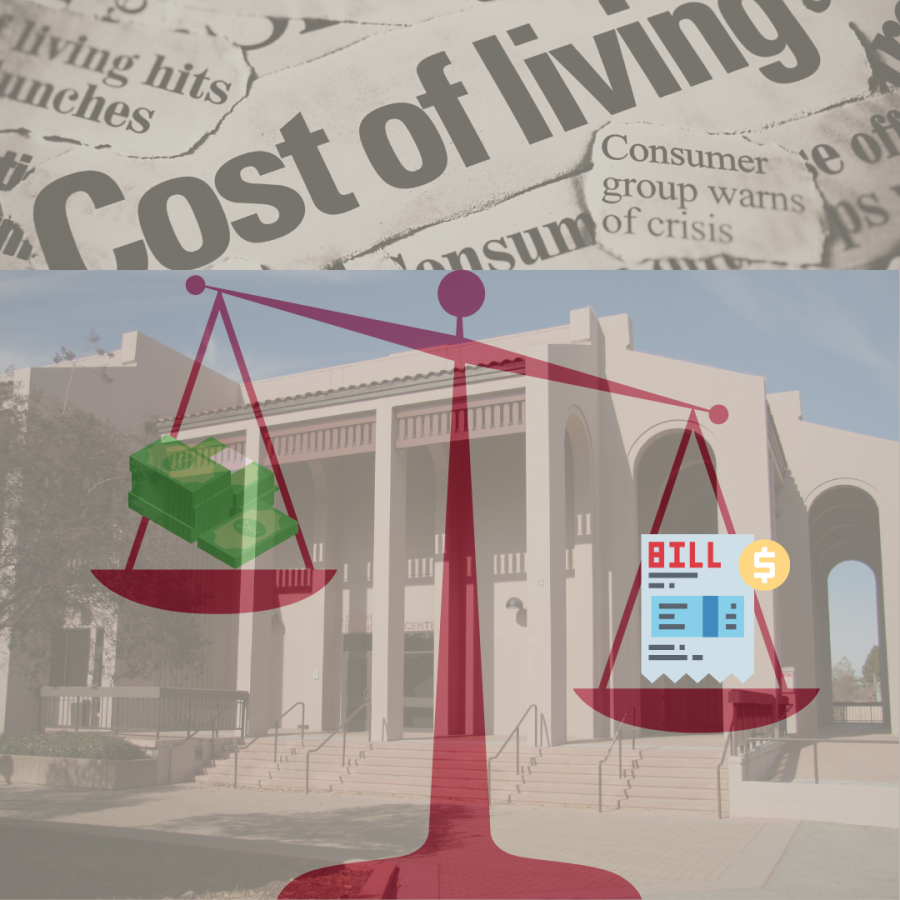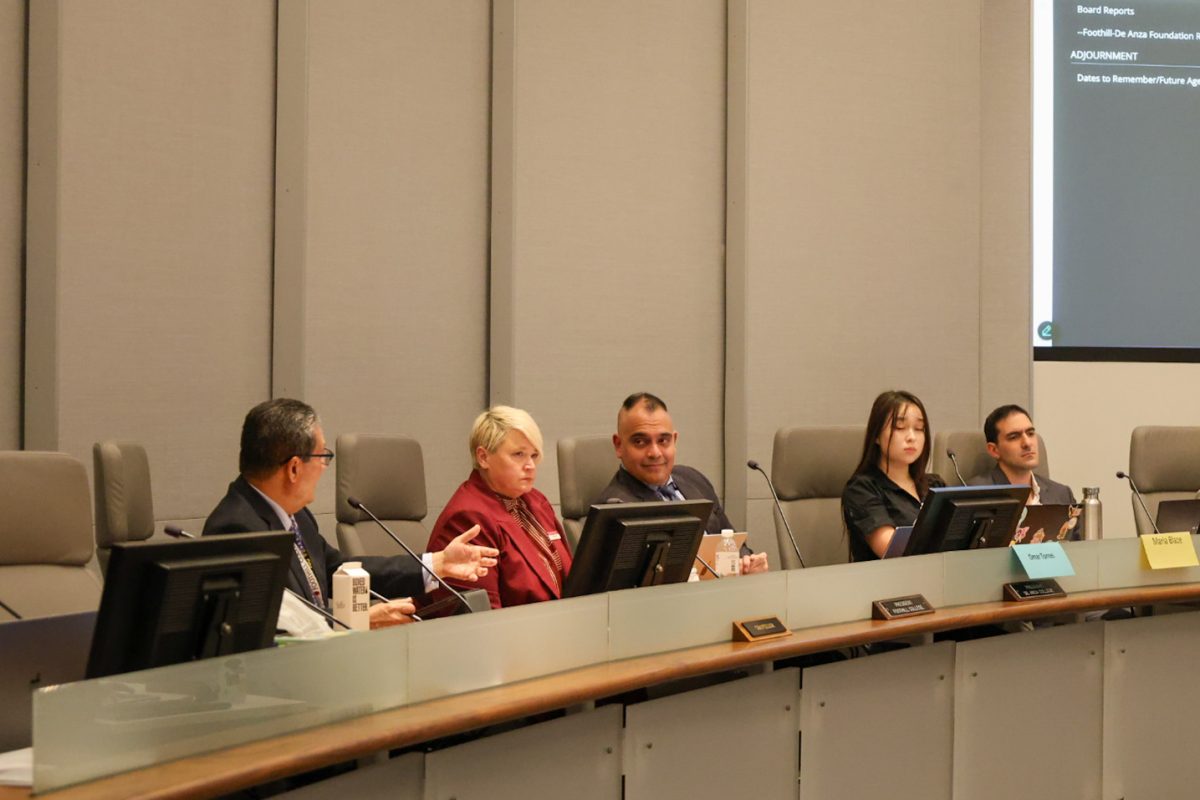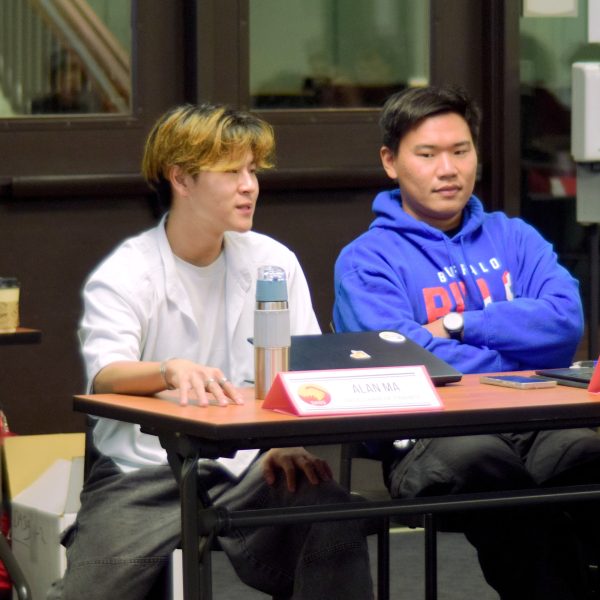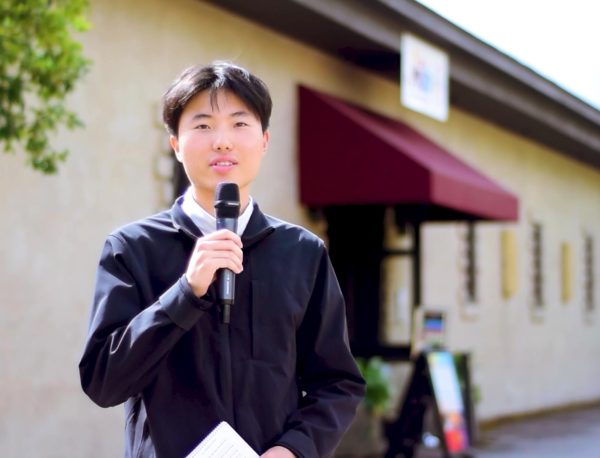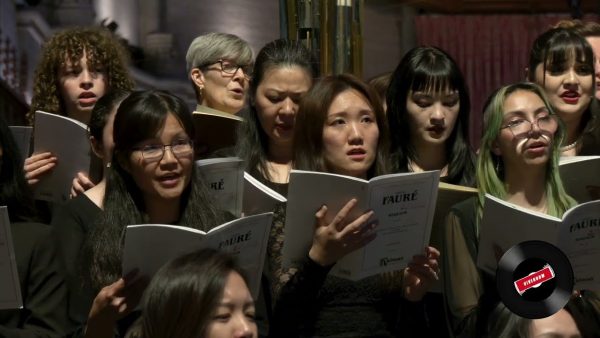Faced with rising costs while teaching during the pandemic, Foothill-De Anza faculty vote to withhold extra work until they get a raise
April 22, 2022
Beginning Monday, April 25, Foothill-De Anza faculty and counselors will begin a work-to-contract job action, limiting their job responsibilities to only what is in their job description and potentially withdrawing from many aspects of college life that students and staff are used to seeing them in.
The action follows a salary proposal for 2022-2023 that the Faculty Association (FA), an independent union representing more than 450 full-time and 850 part-time faculty, communicated to the district in August 2021, emphasizing the need to adjust salaries given inflation and cost of living. After months of negotiation, the District and Board of Trustees did not offer any salary adjustment.
The FA’s Executive Council works to represent Foothill-De Anza faculty’s interests. Some of its functions include bargaining on salary, hours of work, academic calendar, and other conditions of employment. The FA is now leveraging a work-to-contract initiative to highlight the uncompensated work that its members perform in order for the colleges to function.
In a district-wide letter sent to faculty on Wednesday April 20, the FA requested all faculty to “withdraw from all non-compensated activities and thereby emphasizing the extent to which faculty work is significant and necessary to the health of the District and its students.”
Working to contract advocates that faculty should stop advising activities, stop holding additional office hours, and not agree to any additional assignments or non-required meetings.
With the National Inflation Index at 8.5%, Foothill-De Anza faculty are asking for a pay increase that would reflect the state’s Cost of Living Adjustments (COLAs) for 2021-2022 and 2022-2023 which are a combined 10.4% to cover inflation.
According to FA president Tim Shively, it wasn’t until November 2021 that the district responded to the union’s proposal. “It took them three months for them to say that they will offer us nothing,” Shively said. “They ignored us.”
At a meeting on April 20, FA’s Executive Council voted unanimously to approve the work-to-contract initiative.
Chancellor Judy Miner and Patrick Ahrens, president of the district board of trustees said in a joint email to La Voz that while it appears the two sides are at an impasse, that they share the faculty’s aims.
“We have heard from union leaders as well as individual members about the need to increase compensation given the high cost of living in the region, rising inflation, and increased salary competition from surrounding districts,” they said in a joint statement. “We agree that the district needs to compensate faculty and staff fairly while ensuring that Foothill-De Anza can continue to fund education programs and services at appropriate levels with the state funding that is available.”
They also said that they will hold another negotiation session with the FA on April 28.
This is not the first time Foothill-De Anza faculty have carried out a work-to-contract job action. The last time was in 2018, when faculty carried out work-to-contract for one month before the FA and district reached an agreement for a five percent salary increase.
Donna Frankel, a part-time dance instructor at Foothill college and a member of the FA’s executive council, voted in favor of work-to-contract.
“I have been through four of these, and these things work,” Frankel said. “We can’t settle for zero.”
For students, the work-to-contract may mean that they’ll have limited access to their professors outside of their regular class and office hours. Some faculty may opt-out of club advising activities altogether.
The Inter-Club Council (ICC) constitution requires that all clubs meet at least once a month, and that advisers must be present for all official club meetings and activities. Work-to-contract would discourage faculty advisors from attending club meetings, and therefore putting clubs at risk of becoming illegitimate within one month.
Kevin Shiah, 19, data science major and the Inter-Club Council (ICC) vice chair of programs said he supports the faculty work-to-contract initiative and students shouldn’t fear the worst just yet.
“When ICC reviews a club, we try to be lenient,” Shiah said. “We don’t force advisers to follow every single step.”
Other students have also indicated their support for the faculty work-to-contract initiative. One such student, Jamie Dy, 19, liberal arts major, shared Shively’s letter to the De Anza Discord server and said she will send another to the board of trustees.
“Our faculty deserve livable salaries,” Dy said. “They are very supportive of us students and it’s important we show support back by showing our solidarity.”



